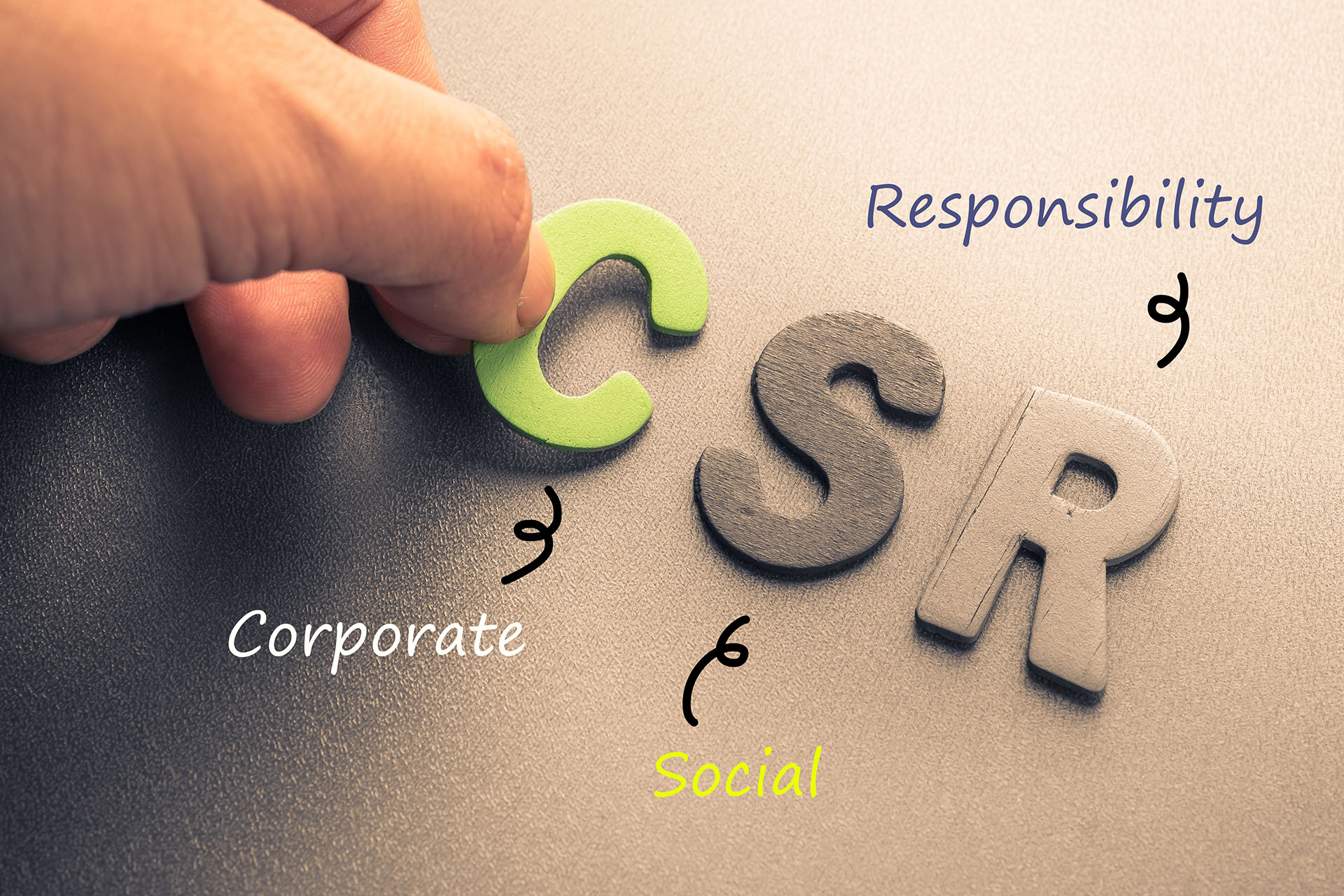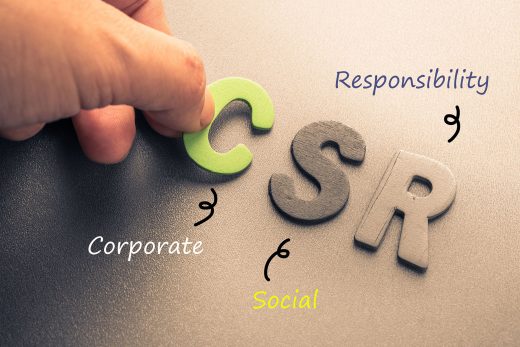CSR / TSOs / NGOs, Alphabet Soup, and Making the World a Better Place
— January 13, 2017

The world was a huge place to us as children. But as we grew it quickly became a smaller place. Daily we are aware of things happening in places that seemed exotic to our young minds. These days each of us are subjected to more information in one day that our great-grandparents were in their lifetimes.
Hearing about situations in the rest of the world, we understand out difficult things are beyond our own little corners of the world. We wonder what we can do to change things for the better as individuals and as companies.
And that’s where we mix up our own brand of alphabet soup to make things a little better, a little healthier, the way good soup does for our bodies.
Together CSR (Corporate Social Responsibility), TSO (Third-Sector Organizations),and NGOs (Non-governmental Organizations) provide businesses, and individuals with the opportunities to reach out, and touch and change communities and lives. While it may not change the whole world, even changing one small part of it is like putting a match to the corner of a piece of paper. It starts slowly, but eventually consumes the paper. Our efforts touch lives and have a ripple effect that reaches far beyond our initial efforts.
Corporate social responsibility is perhaps the easiest of the three to define. In the simplest terms, it is a company/corporation making definitive efforts to use their influence responsibly to improve things. The field is wide, and can always use more helping hands.
The popular ice cream maker Ben and Jerry’s Ice Cream has a remarkably broad array of CSR activities. These range from efforts to use only free trade products in their all-natural ice cream, to global warming and world peace, among others. The list is quite impressive. That’s just on the outside. Internally, they also pay for health club memberships for employees, give each employee three pints of ice cream a week, and educational opportunities.
They also work with farmers in their native Vermont to develop sustainable natural farming practices which will enable the farmers to continue farming long into the future.
There are always people and communities in need, so the opportunities for this kind of CSR are literally endless. The best approach enter into this rewarding world is examine your own personal values and those of your company and your employees and then look for opportunities to help out—either financially or with volunteer efforts. The scope of your efforts—local or global—is unimportant. What’s important is that you’re acting responsibly. This will provide myriad benefits.
Next comes third –sector organizations (TSOs), which straddle the line between corporations and NGOs.
TSOs have been called not-for-personal-profit companies. They are companies—manufacturing and producing things–that are values-driven, working to attain certain goals for the communities they serve. All profits, after their administrative costs (salaries, overhead), go back into the local communities. They must make surpluses to be able to continue efforts.
Often they are more effective because they are not as bound by bureaucracy as they work toward their goals. They are often the bridge between the public sector (government) and the private sector. Quite often they have a better understanding of what is going on and what is needed than the government because they have boots on the ground—as it were—right where things are happening. And they are almost always more efficient than government in getting things done. Governments can only create jobs by taxation. A business is far more efficient at creating jobs and raising the standard of living.
Krochet Kids is a great example of the benefits of a third-sector organization. It started with some friends who crocheted their own headgear for snowboarding and skiing. They moved to selling to their friends and family members. Eventually they grew an international non-profit company which employs women in Uganda and Peru in making their products, giving these women dignity-building employment and money to support and sustain themselves and their families.
For you personally, you can research the companies you buy from and do business with and seek to purchase from TSOs when possible, or into your own business to offer and sell products from TSOs whenever possible, making it a win-win for everyone. There may be even the chance for your own business to enter the world of TSOs.
NGOs are the final ingredient in the soup. They are volunteer organizations working for a particular cause. The issues run the gamut from environmental and social issues to family issues. There may be a few people who receive salaries or minor compensation for their efforts, but as a rule they are all volunteer. All these different things help to create a better and healthier world, just like good alphabet soup does.
NGOs are funded by private donations from both individuals and corporations. As with TSOs, they are less bound by bureaucracy and generally have more funds, and can move more quickly.
The impact of NGOS is such that the United Nations often consults them on issues regarding policy. The UN has also hosted conferences on issues such as the family where representatives from diametrically opposed organizations such as Planned Parenthood and the Vienna Family Committee have spoken in the same conference.
As with CSR and TSOs, being involved with NGOs, helps the individual and the company to expand their reach a larger world than they can reach on their own. As you seek to expand your own impact on the world, be it in your own community, or the world at large donating to NGOs, on your own, or with your company researching the NGOs you want to support, will open greater opportunities to you in ways you can’t being to imagine.
The world can change with small simple steps. It’s up to you to know the direction you want your steps to take you and research the best way to take you on that journey.
Digital & Social Articles on Business 2 Community
(31)


